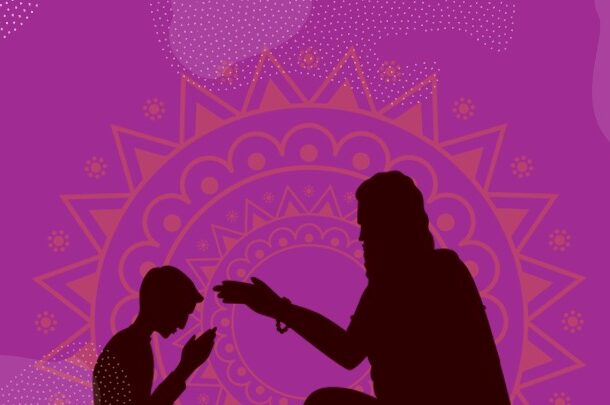
Judgment is key in every walk of life, but most of the time we do fail and go on an infinite search to sort out ways to perfect the art of judgment. I know this is critical, and I, too, was in the same search madly. In this journey, I encountered a beautiful story that cleared the clouds of misunderstandings I had on ways to judge life.
Here is the story. I hope it will help you in this process of making judgments.
I would like to share a story.
A man had four lazy sons. One fine day, he decided to teach them the importance of not making hasty judgments. He assigned each son the task of observing a pear tree located far from their home and stipulated that no two sons should visit the tree in the same season.
The sons visited the tree, first in winter and then in spring, summer, and fall.
Upon their return, he asked each one to describe what they had observed.
The first son, who went during winter, reported that the tree appeared ugly and lifeless.
The second son condemned the first son by saying that, the tree was full of green buds. and wasn’t ugly.
The third one said, he said the tree was blossoming and lovely.
The fourth son expelled all other opinions and said the tree was full of fruits and had a great life in it.
The four individuals began to disagree over each other’s viewpoints. The father stepped in and pointed out that everyone was correct, as they were observing the tree’s life during different seasons, which vary at each stage and season. He went on to explain that judging a tree based on just one season—whether the opinions are positive or negative—would be misleading. To truly understand its essence, all phases of the tree’s life must be considered. Making a judgment based on only one phase can lead to incorrect conclusions. For instance, if you give up during winter, you will miss out on the promise of spring, the beauty of summer, and the fulfillment of autumn.
Conclusion:
Practices are situation-specific, whereas principles are deep fundamental truths that have a universal application when these truths are internalized into habit; they empower people to create a wide variety of practices to deal with different situations.